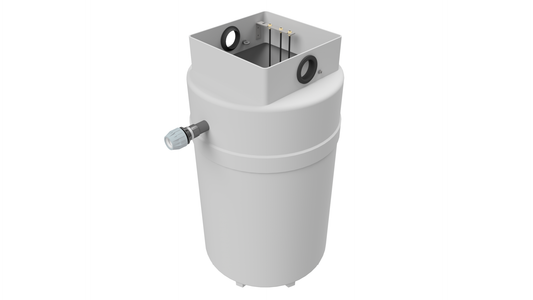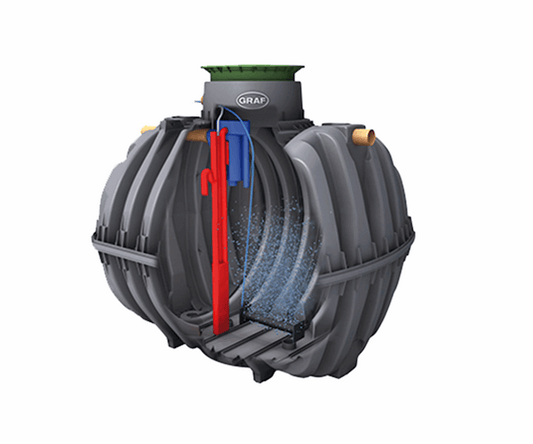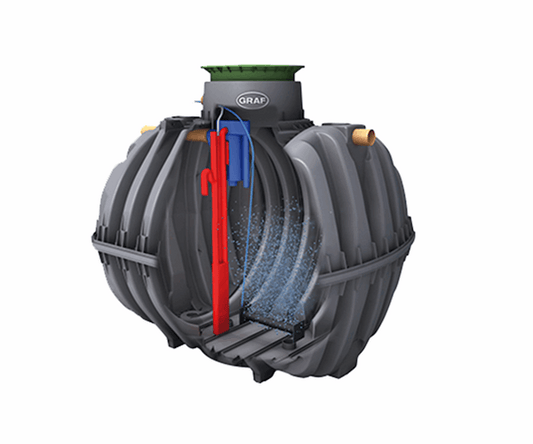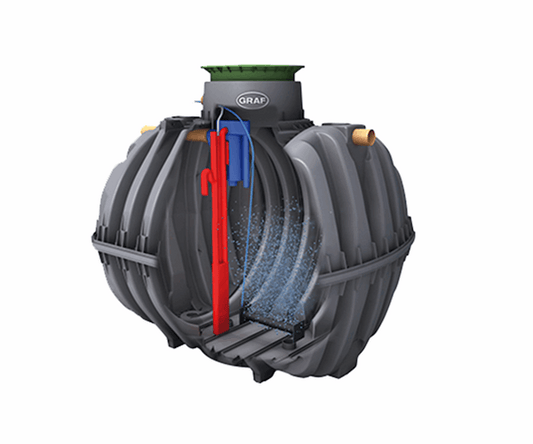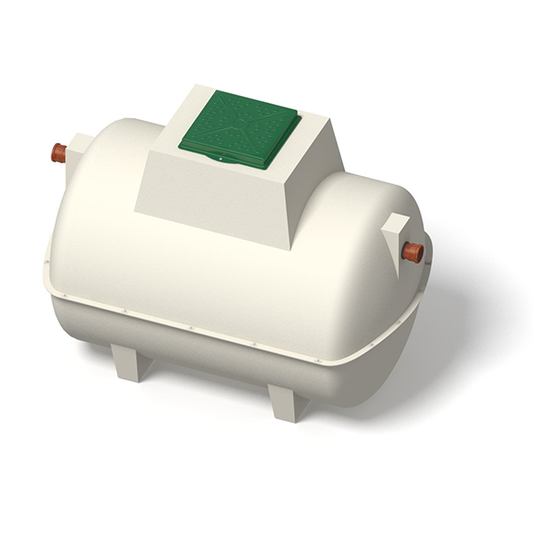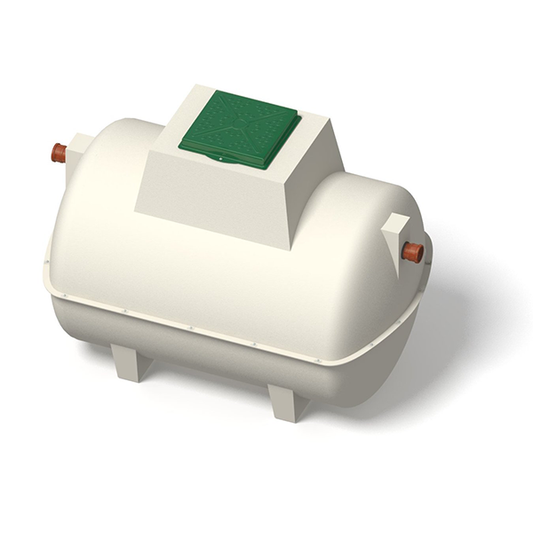In today’s society, sewage treatment plays a vital role. You only need to look back to Victorian times when sewage was dumped in the River Thames to understand its importance in preventing damage to our environment and the health of its inhabitants. Here’s our guide to the importance of sewage treatment.
Contents
What was ‘The Great Stink’?
In the first half of the 19th century, London was growing rapidly and more people meant more sewage. At the time, most homes were built without flush toilets. Instead ‘night soil men’ would come and collect some of the solid waste for use as fertilizer although the majority of it found its way onto the streets or into its watercourses.
From 1831 London suffered a series of cholera outbreaks. At the time, the inhalation of ‘foul air' was widely thought to be responsible for this dreaded disease. In reality, cholera is a waterborne disease and it was carried in the sewage polluting the city’s watercourses. It was only in the hot summer of 1858, which became known as ‘The Great Stink’ due to the unbearable stench of human waste and industrial effluent, that things came to a head and politicians acted to create a new sewage system.
What is sewage treatment?
Sewage is soiled water from sinks, showers, bathtubs, toilets, washing machines and dishwashers. There is only a certain amount of sewage and pollution nature can cope with, which is where treatment plants come into play. They help reduce pollutants in sewage to a level nature can handle.
These sewage treatment solutions treat used water in different stages: Primary, Secondary and Tertiary.
Primary treatment of wastewater involves sedimentation of solid waste within the water. Wastewater is passed through several tanks and filters that separate water from contaminants.
Secondary treatment of wastewater makes use of oxidation to further purify wastewater. This can be done by Biofiltration, Aeration or Oxidation ponds.
Tertiary treatment of wastewater is removing phosphates and nitrates from the water supply. Substances like activated carbon and sand are the most commonly used materials that assist in this process.
Why is sewage treatment so important?
There are many reasons why sewage treatment is so important. A lack of proper sewage treatment can be serious for the environment and our health:
- Our rivers and oceans host life that depends on clean shorelines, beaches and marshes.
- Untreated sewage will contaminate groundwater sources and other surrounding surface waters like seas, oceans etc.
- Dirty water can carry disease so harmful bacteria must be removed to make water safe.
- Untreated sewage can be a waste of renewable energy. If we treat it and reuse it for washing/floor cleaning etc we are saving fresh water.
What are the effects of sewage pollutants?
Pollutants can be found in sewage and have harmful effects on ecosystems and human health:
- Decaying organic matter and debris can use up the oxygen in water leaving no chance of survival for aquatic life.
- Chlorine compounds and inorganic chloramines can be toxic to aquatic invertebrates, algae and fish.
- Disease-causing bacteria can pollute beaches and waters, leading to restrictions on drinking water consumption and shellfish consumption.
- Metals such as mercury, lead, cadmium, chromium and arsenic can have acute and chronic toxic effects on species.
How can we help?
We are specialists when it comes to sewage treatment solutions, including sewage treatment plants, septic tanks, cesspools and sewage pumping stations, with over 25 years experience of supplying and installing these systems. We can supply you with a wide range of different brands and models to suit your specific requirements and if needed we can also provide you with an installation package. Please feel free to contact us for expert advice on 0121 351 3230.
Alternatively, fill out our enquiry form:






